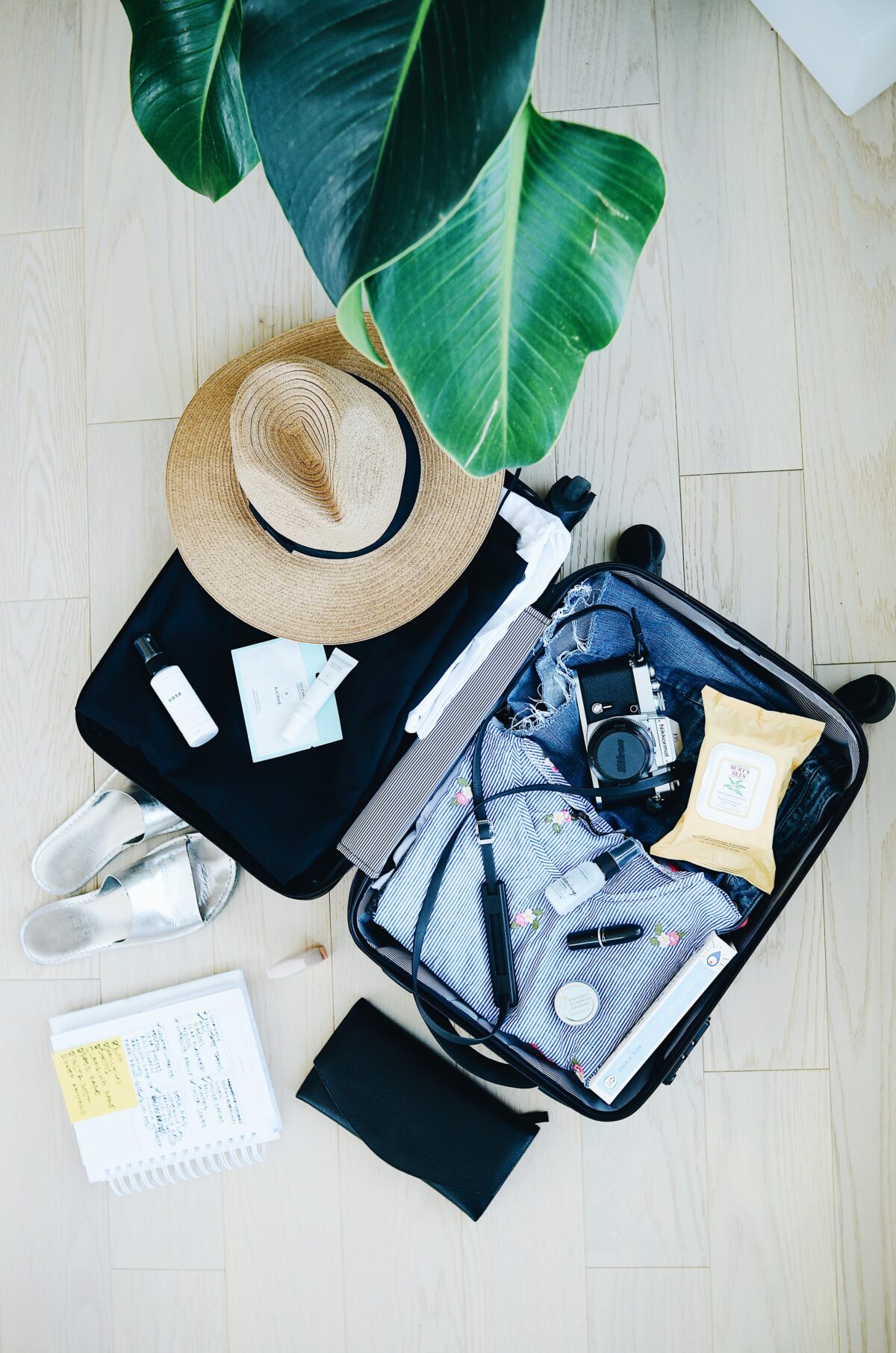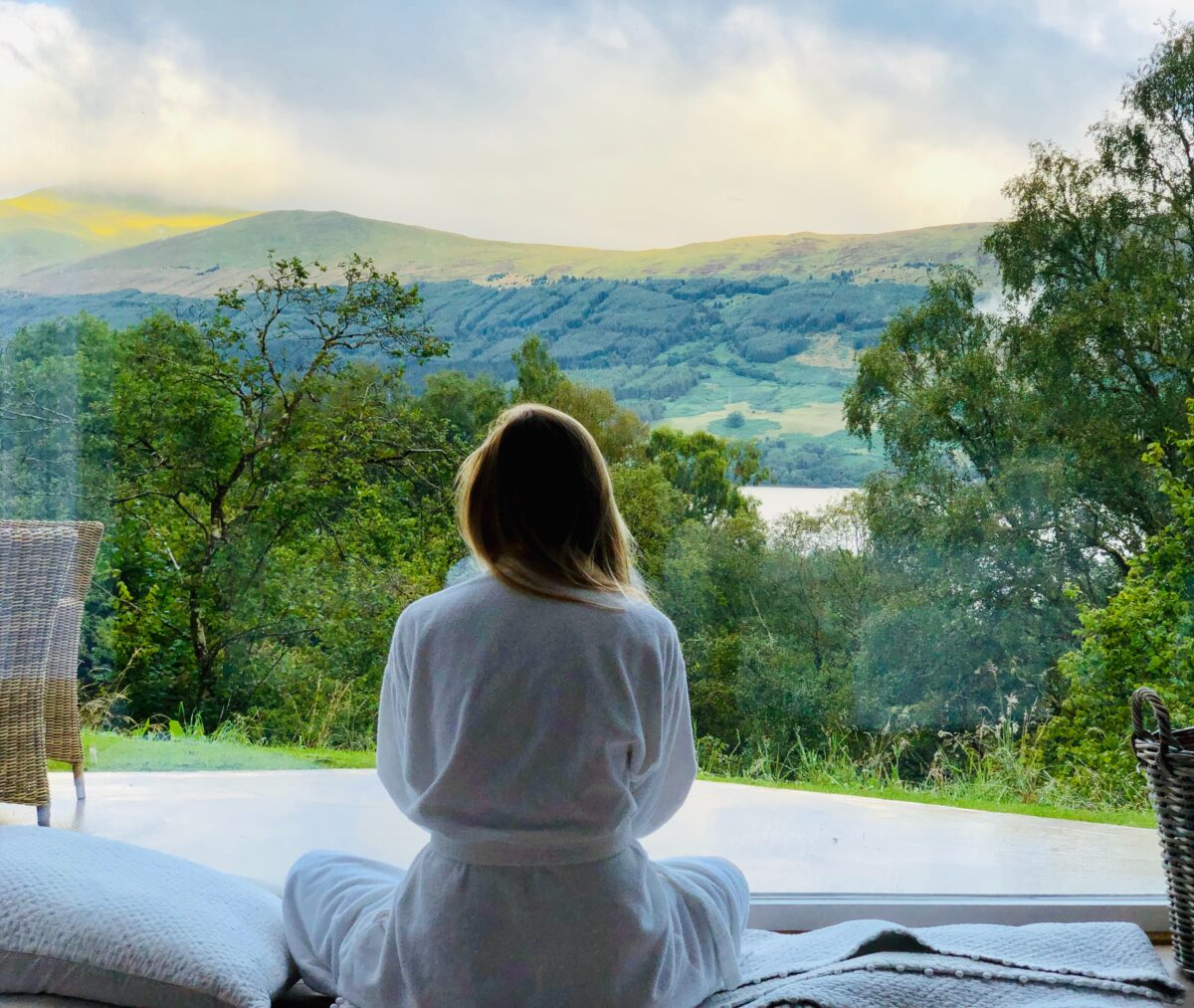Traveling alone can be a daunting experience for many people, but it can also be an incredibly rewarding and life-changing adventure. Solo travel allows you to see the world on your own terms and at your own pace, but it also requires careful planning and preparation. In this blog post, we will discuss some advice for solo travelers to help you make the most of your journey.
- Research your destination
Before you embark on your journey, it’s important to research your destination thoroughly. This includes learning about local customs, cultural norms, and potential safety concerns. You should also familiarize yourself with the public transportation system, as well as any local laws and regulations.
2. Stay connected
Staying connected with family and friends back home is important when traveling alone. Make sure you have a reliable way to communicate with loved ones, such as a phone or laptop with Wi-Fi access. You may also want to consider downloading a translation app to help you communicate with locals.
- Pack light
When traveling solo, it’s important to pack light. This will make it easier to move around and reduce the risk of losing your luggage. Bring only what you need and consider packing versatile items that can be mixed and matched.
- Stay aware of your surroundings
When traveling alone, it’s important to stay aware of your surroundings at all times. Be mindful of your personal belongings and avoid carrying large amounts of cash. Stay alert and trust your instincts if you feel unsafe or uncomfortable in a particular situation.
- Connect with locals
Connecting with locals is one of the best ways to get to know a new destination. Joining a local tour, visiting a local market, or simply striking up a conversation with a friendly local can provide you with a unique insight into the culture and customs of a place.
- Be open-minded
Traveling alone can be a transformative experience, but it’s important to be open-minded and flexible. Embrace new experiences and challenges, and be prepared to step out of your comfort zone. This will help you to grow and learn as a person.
In conclusion, solo travel can be an incredibly rewarding experience, but it requires careful planning and preparation. By researching your destination, staying connected, packing light, staying aware of your surroundings, connecting with locals, and being open-minded, you can make the most of your journey and create memories that will last a lifetime.


